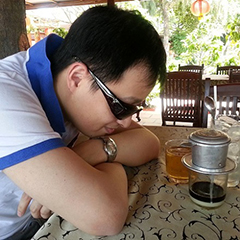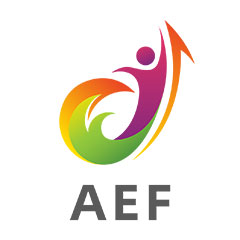05/07/2011
Clear and Consistent Reference
Cohesion (connectedness of ideas between sentences) is a crucial foundation for clear and smooth progression of ideas throughout an essay. In a well-written essay, each sentence flows logically and smoothly into the next one with the use of appropriate cohesive devices. Using a pronoun to refer to or substitute a noun previously mentioned is one of the most common cohesive devices. A merit of pronouns is that they help avoid repetition. For example, “Do you want a cup of raspberry yogurt? Yes, I want one.”, instead of “Yes, I want a cup of raspberry yogurt.”. When using pronouns, it is important to ensure that the reference or substitution is clear, unambiguous and consistent. Inadequate connections will make readers get lost and even misinterpret the writer’s intended meaning.
Today, I will discuss another area of common grammatical errors tested in the SAT sub-section Identifying Sentence Errors.
2. Pronoun
2a. Noun/pronoun disagreement in number
Please refer to my previous article on June 28.
2b. Subject/object pronoun confusion
Pronouns can be in form of four different cases: subject, object, possessive and reflexive.

Among these four, the distinction between subject and object pronouns is mainly tested in the SAT. Obviously, subject pronouns are used when the pronoun is the subject of the clause while object pronouns are used when the pronoun is the object. The key lies in if you can distinguish subject from object.
Ø Subject is the person or thing doing the action. It usually comes before the main verb of the clause.
Ø Object is the person or thing receiving or affected by the action. It usually comes after the main verb.
Ø After a preposition, an object pronoun should be used.

2c. Inconsistent use of pronoun in terms of person
Consistency is important for cohesion which allows readers to follow the reference easily. When the reference is the same, pronouns should not shift in person.

2d. Pronoun without specific referent
It is difficult to spot that there are problems with the expressions such as “It says in the newspaper that…” and “In my school, they say that…” since these are acceptable in spoken English where supporting evidence may not need to be precise. In academic writing, however, these are too vague because there are no specific referents for the pronouns. Remember, the SAT requires students to follow the conventions of standard written English.

2e. Wrong choice of relative pronoun
It is easy to spot the wrong choice of “which” from “who” once you know the difference between them. “Who” is used to refer to people whereas “which” is used to refer to things or animals. “Which” should not be used to refer to people.

If you have any questions or enquires, feel free to visit my facebook page: www.facebook.com/allylo.english.
(Next Tue: Identifying Sentence Errors cont'd)
《經濟通》所刊的署名及/或不署名文章,相關內容屬作者個人意見,並不代表《經濟通》立場,《經濟通》所扮演的角色是提供一個自由言論平台。
《說說心理話》青少年自殺率上升,如何分辨求助訊號?社工分享陪伴的重要性► 即睇





























































































































